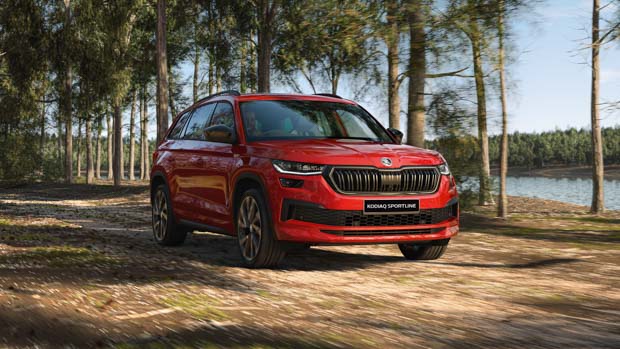-
Car Reviews
- All reviews
- Midsize SUVs
- Small cars
- Utes
- Small SUVs
- Large SUVs
- Large cars
- Sports SUVs
- Sports cars
- Vans
Latest reviews
- Car News
-
Car Comparisons
Latest comparisons
- Chasing Deals
The world’s largest car manufacturer has been severely affected by the semiconductor crisis which is preventing it from selling more cars
Toyota Motor Corporation’s profits have fallen by a significant 21 percent in the last operating quarter due largely to the ongoing supply issues brought on by the coronavirus pandemic.
The conglomerate, which encompasses the Toyota, Lexus and Daihatsu brands, recorded third-quarter operating profits of YEN 7.79 billion (AUD$9.38 billion).
Toyota cut its production forecast by 500,000 units to 8.5 million cars which is due to factors such as the semiconductor shortage, a sharp rise in the cost of raw materials and other effects of Covid-19.
There have been multiple reductions in production over the last 12 months for Toyota, with September being the most heavily hit time of the year where production was cut by 40 percent.
The cuts to production have had an impact on the supply for popular models such as the Land Cruiser 300 Series large SUV, RAV4 midsize SUV and Corolla hatch and sedan. .
In January, Toyota was forced to halt production lines of these cars and therefore has seen some deliveries pushed back. Just how long these delays have been and if they will affect supply into Australia is unknown, but the latter is likely.
Despite this and its recent losses, Toyota still retains its position as the number-one, best-selling brand in the world. Volkswagen follows close behind as the second most popular brand globally.
Most car manufacturers have either been forced to reduce production numbers or even drastically remove features from cars in order to get them to market.
Skoda has recently informed customers in Australia that the Kodiaq will temporarily lose features including side assist, rear cross-traffic alert, 360-degree camera and its 12-speaker Canton sound system.
BMW temporarily removed the touchscreen functionality on some of its screens in Australian delivered cars last year, where the driver is now forced to use the manual functions of the iDrive rotary controller. Parking assistance was also removed for the time being.
Overseas, in May 2021, Tesla removed the passenger seat side lumbar support from the Model 3 sedan and Model Y midsize SUV – its chief executive officer Elon Musk stated that the feature was not used enough and that it wasn’t worth the cost to keep it. USB-C ports were also removed from the rear of the centre console.
Latest news
About Chasing cars
Chasing Cars reviews are 100% independent.
Because we are powered by Budget Direct Insurance, we don’t receive advertising or sales revenue from car manufacturers.
We’re truly independent – giving you Australia’s best car reviews.


